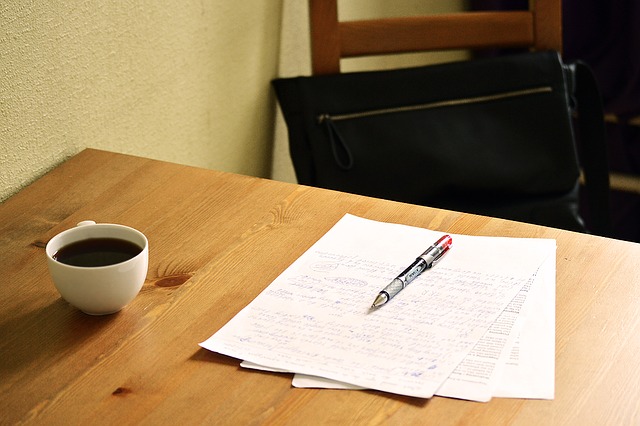
If you’re like me, you love learning about literary devices and how to use them. I was in a literary forum recently where someone posted, "What’s the difference between Anastrophe and Hyperbaton?"
Frankly, I had to look them up.
Definitions
Hyperbaton is transposing the order of words in a sentence for emphasis or to make your reader think a little bit more.
Anastrophe is a type of hyperbaton that transposes a single word.
Yes, good idea. Let’s look at some examples.
Anastrophe examples
This I’ve got to see.
And you decided to stick it up your nose why?
Honesty, I value most.
"Sure I am of this, that you have only to endure to conquer."—Winston Churchill
Hyperbaton examples
"Deep into that darkness peering, long I stood there wondering, fearing."—Edgar Allan Poe, 'The Raven'
She wouldn’t, for all the money in the world, to that boastful, lying, ignorant man, capitulate.
Steady she sails against the wind.
Anything Yoda said
Any line Yoda speaks is either anastrophe or hyperbaton. Seriously, think about it.
"This one a long time I have watched."
"Patience you must have."
"Powerful you have become."
"Ready are you? What know you of ready?"
"The dark side I sense in you."
"Adventure. Excitement. A Jedi craves not these things."
"Do not underestimate the power of the Emperor or suffer your father’s fate you will."
"If once you start down the dark path, forever will it dominate your destiny, consume you it will, as it did Obi-Wan’s apprentice."
Final thoughts
See how powerful anastrophe and hyperbaton can be? Of course, you would really need to use it sparingly, unlike Shakespeare who was a big fan. While he, Edgar Allan Poe, Emily Dickinson, W. B. Yeats, e.e. cummings, and Aristotle can get away with it, the rest of us need to save it for when we need the biggest emphasis.
Or you could base an entire character on speaking in anastrophe and/or hyperbaton. But then, George Lucas already did that, so you’d just be copying.
What is your favorite literary device? Let us know in the comments below.

